Researchers and experts have downplayed the significance of individual AI footprints, urging the public to focus on the broader implications of artificial intelligence on society. According to a recent study published in the Journal of Artificial Intelligence Research, the cumulative impact of AI on the environment and human relationships far outweighs the concerns surrounding personal data collection.
Dr. Rachel Kim, a leading AI ethicist, emphasized the importance of shifting the focus from individual AI footprints to the larger societal implications. "While it's true that AI systems collect and process vast amounts of personal data, the real issue lies in how these systems are designed and deployed," she said. "We need to be concerned about the potential biases and inequalities that can arise from AI-driven decision-making, rather than getting bogged down in individual data collection."
The study, which analyzed the effects of AI on climate change, found that the energy consumption and e-waste generated by AI systems far outweigh the environmental impact of individual data collection. "The real environmental cost of AI lies in the production and disposal of hardware, as well as the energy required to power and cool these systems," said Dr. John Taylor, a co-author of the study. "We need to be thinking about the systemic changes we can make to reduce the environmental impact of AI, rather than focusing on individual data collection."
The concept of AI footprints has been a topic of debate in recent years, with some experts warning about the potential risks of data collection and others downplaying the significance of individual data points. However, the latest research suggests that the focus should be on the broader implications of AI on society, rather than individual data collection.
In related news, the European Union has announced plans to implement stricter regulations on AI development, with a focus on ensuring that AI systems are designed and deployed in a way that prioritizes transparency, accountability, and fairness. The move is seen as a step towards addressing the broader societal implications of AI, rather than focusing solely on individual data collection.
As AI continues to play an increasingly prominent role in our lives, experts are urging the public to take a step back and consider the bigger picture. "We need to be thinking about the long-term consequences of AI on society, rather than getting caught up in individual data collection," said Dr. Kim. "By shifting our focus to the broader implications of AI, we can work towards creating a more equitable and sustainable future for all."
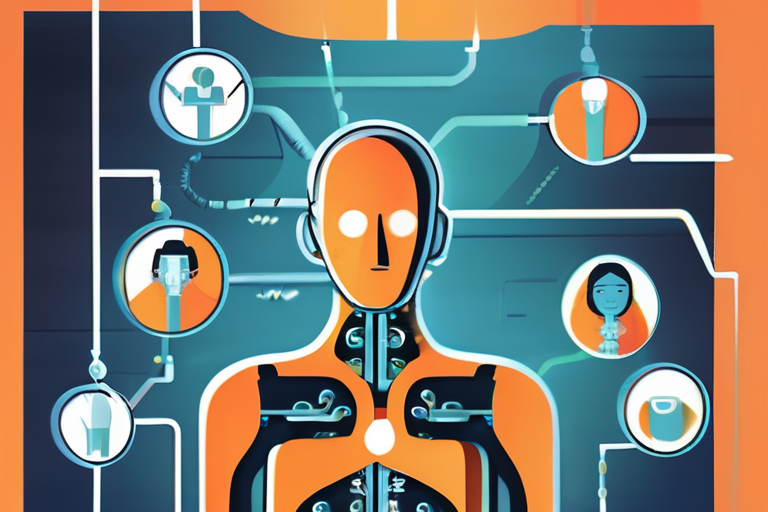



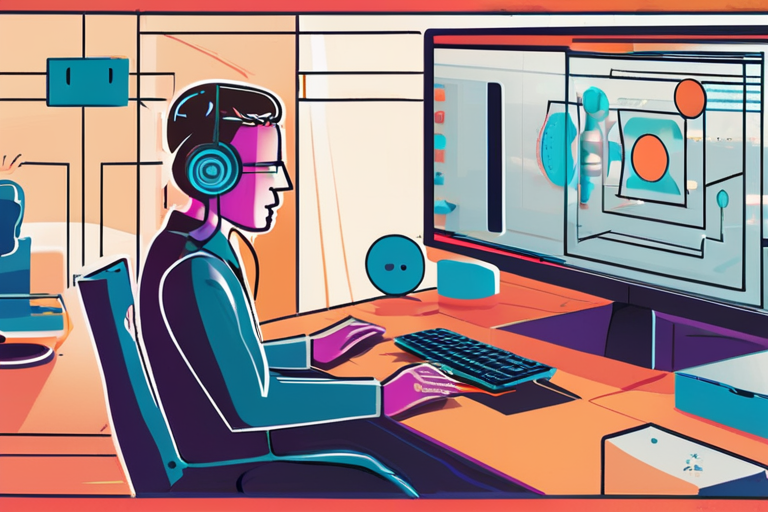





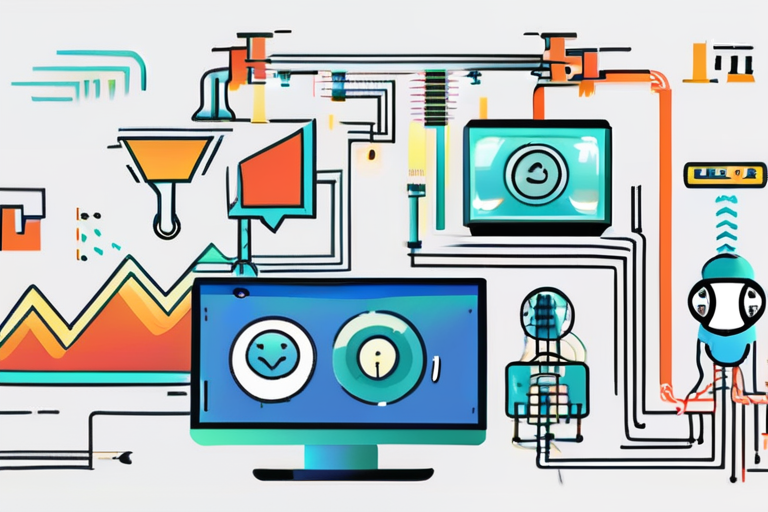


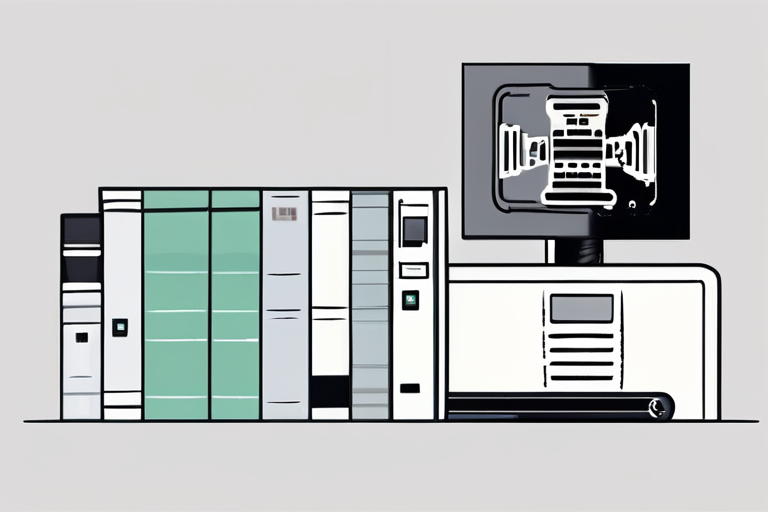
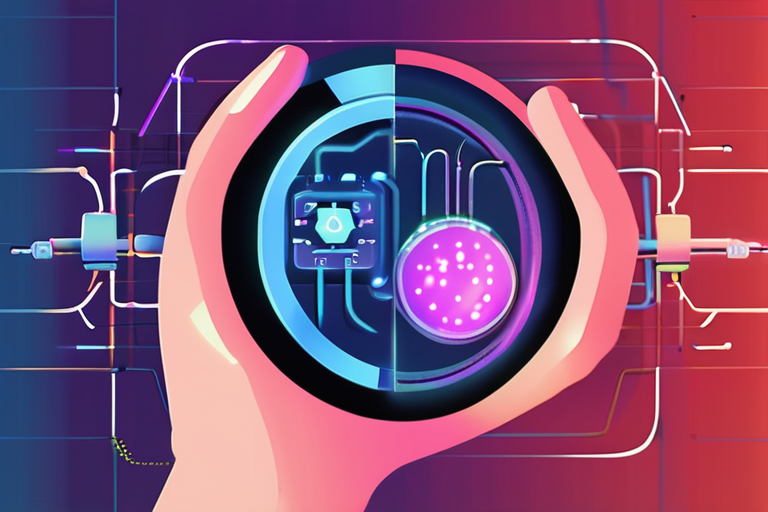





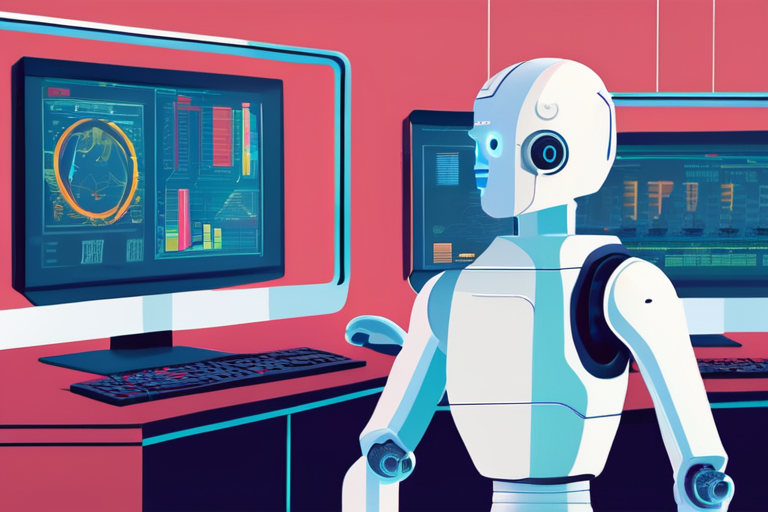






Share & Engage Share
Share this article